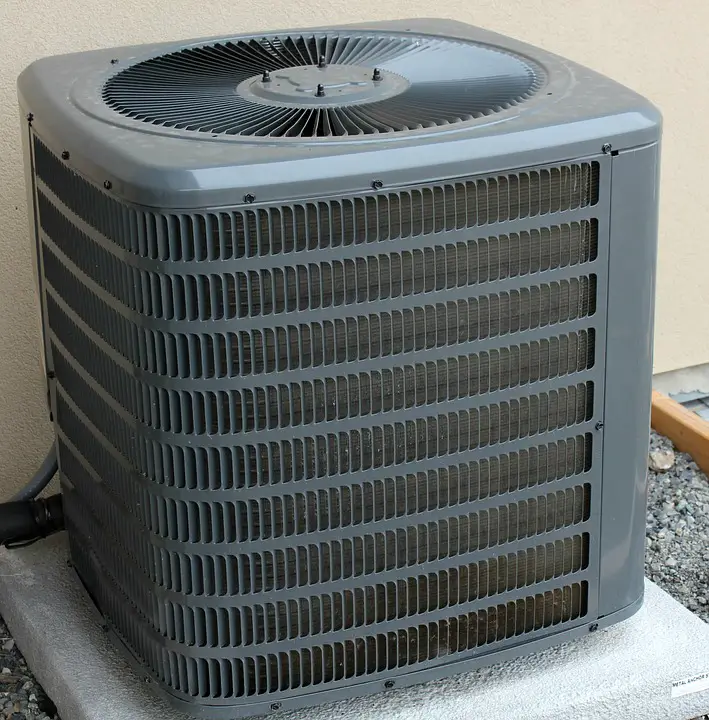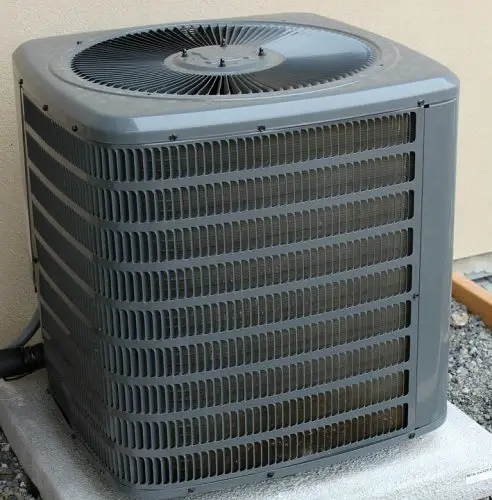Tips for Choosing the Most Efficient Cooling System this Summer
By The Shower Drapes | Blog

Nothing beats the feeling of welcoming summer after depressing winter chills. Everyone looks forward to the refreshing holidays, healing sunshine, and re-energizing summer camps this season brings. But sometimes summer becomes more generous and serves us more heat than we can bear.

Heating, ventilation, and air conditioning (HVAC) systems make your home livable during the extreme seasons like winter and summer. A good heating and cooling system are necessary for every home as it maintains good air quality and provides thermal comfort during changing weather conditions. Besides getting new clothes for the season, preparing for summer requires a functional AC. A professional like Mister Quik Home Services technician can help check if your HVAC is efficient and in good working condition. Read on for tips for choosing the most efficient cooling system this summer.
Have you ever seen Energy Star labels on electronics and wondered what they were? Energy Star is the standard used in the United States to mark products’ energy efficiency. Any appliance with a label is about 10 percent more efficient than the required standard set by the government.
Also, check for products with a higher SEER (Seasonal Energy Efficiency Ratio). This measures the efficiency of the system over the whole season. A higher number is always better when looking at both EER and SEER. But EER rating is better when looking for a cooling system since two-thirds of temperatures used to compute SEER are 82 degrees F and below.
Proper equipment size is essential for excellent comfort and savings when installing a cooling system. A very small system will not supply enough cooling air throughout your space to offer the comfort you need despite running throughout.
On the flip side, a huge system is overkill as it consumes a lot of energy. Hence high utility bills can cause uneven temperature and poor humidity.
To get the right size, consider the square footage of the area you need cooling, your house’s duct system design, and exterior exposure. Do not base your choice of the correct cooling equipment size on only one of the mentioned factors but all for effective functioning.
The cooling capacity is measured by Ton, where a unit is equivalent to 12,000 British Thermal per Unit per Hour (BTUh).
When purchasing a new HVAC system, do not settle for anything in the market that is in working condition. The type of equipment is crucial to ensure you enjoy maximum benefits. Engage a professional to advise you on the system best for your space.
The four major types of ACs are:
– Hybrid Split Systems
– Split Heating and AC Systems.
– Ductless Split AC Systems
– Packaged AC Systems
As mentioned above, the market has numerous AC system brands with well-thought-through marketing campaigns. Choosing one is confusing!
A safe bet is buying a brand from a company that exclusively makes HVAC appliances. A niche-specific company gives all the attention to the production of products as it deals with one thing.
Every household installing HVAC should acquire permits and licenses per the building code. The legal requirements are, however, dependent on each jurisdiction’s regulations. You can let the experts care for the technical specifications and ensure that your AC system complies with the building codes.
Heating and cooling systems consume about 30-40 percent of the total electricity used in the home. The tips above will guide you when shopping for the most efficient cooling system preparation for summer.
Why Students Increasingly Suffer From Psychological Illnesses
Understanding the Benefits of Window and Door Replacement
Learning How Often Should You Change Shower Curtain Liner
How Does the Shower Curtain Liner Go Inside the Tub?
Is a Plastic Shower Curtain Recyclable?
The Hidden Dangers Of Neglected Drains: Why Regular Cleaning Is Essential
How to Wash Vinyl Shower Rod With a Squeegee
How to Remove Mold From Polyester Shower Curtain
There are affiliate links in this post. At no cost to you, I get commissions for purchases made through links in this post.